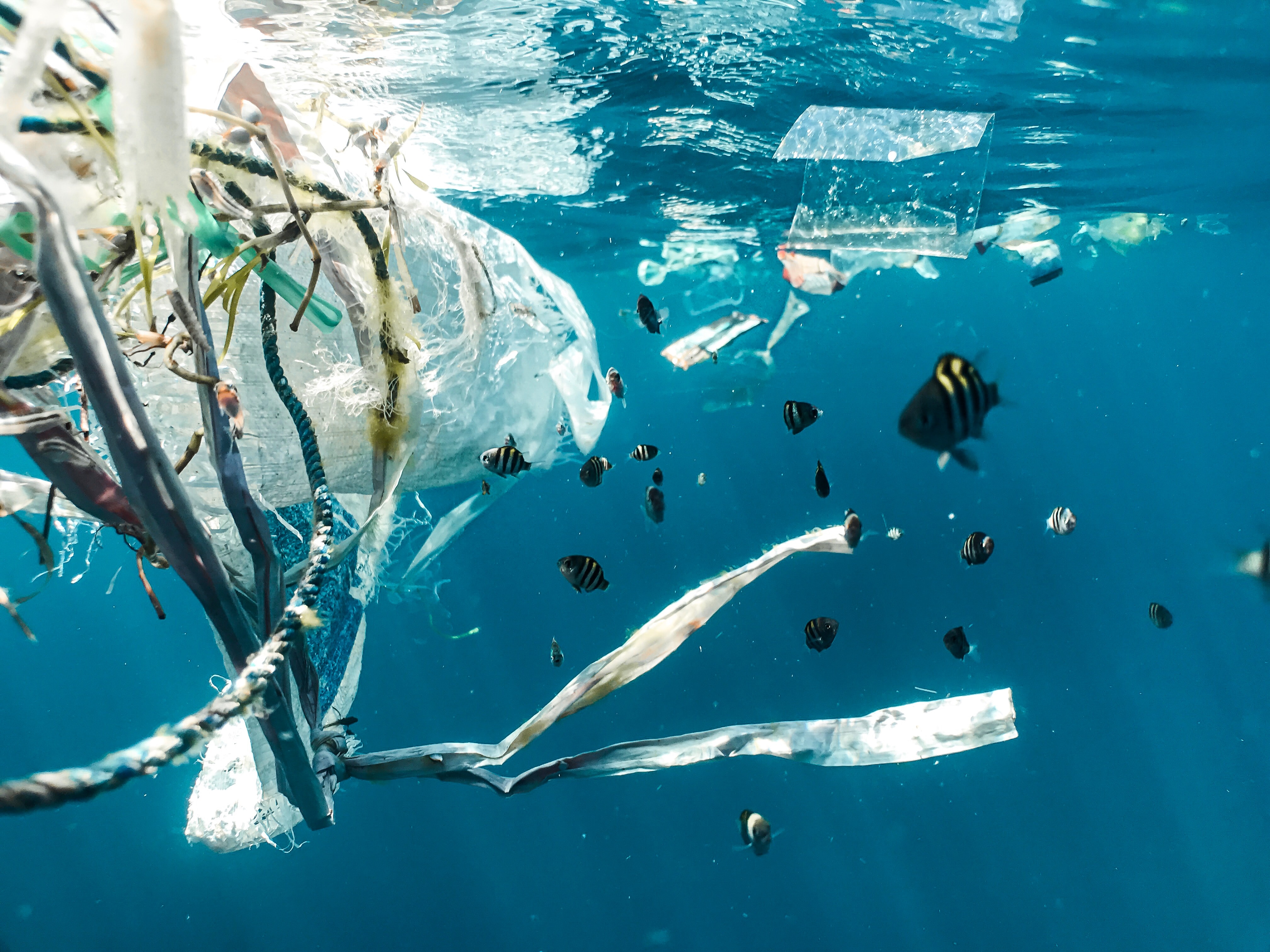From fossil fuels to plastic addiction: unveiling the hidden link impacting our world. There is no shortage of plastic objects in our daily lives; the average American consumer uses and then throws away about 110 pounds of plastic every single year. Plastics are ubiquitous, but oftentimes consumers are misinformed about where they come from, and where they end up.
History of Plastic
Somewhere in the brief history of plastic, humans became addicted to its convenience. To understand what plastics are made out of, it is important to learn the history of how they’ve become as pervasive as they have. Despite the chokehold plastic has on modern consumers, it was only invented a little over a century ago. The first commercially produced plastic, named Bakelite, was invented by chemist Leo Hendrik Baekeland in 1907. Bakelite was initially produced by synthesizing coal tar and wood alcohol.
Plastic use became more widespread as the US Military experimented with more universal uses during World War II. During this experimentation phase, chemists started working with fossil fuels to create plastics. Following the war, commercial plastic demand greatly increased. Seeking methods to create newer and cheaper plastic, manufacturers began to rely on fossil fuels to make their products. In the 1960s, global plastic production increased by 400% and has continued to climb ever since.
Between 1970 and 2000, worldwide plastic waste more than tripled. A report by the Plastic Soup Foundation noted that over 50% of all plastics ever produced were made after the year 2000. Moreover, it was estimated that over 390 Million tons of plastic were produced in 2021 alone.
Fossil Fuels & Plastic
So how exactly does this connect to fossil fuels? A report by the World Economic Forum noted that 98% of single use plastics are made from fossil fuels. According to an article for Science Advances Magazine “The vast majority of monomers used to make plastics, such as ethylene and propylene, are derived from fossil hydrocarbons. None of the commonly used plastics are biodegradable.”
Currently, the world’s top 7 plastic-producing companies by volume are all fossil fuel companies. Furthermore, fossil fuel corporations have a large financial incentive to continue producing plastics. Globally, fossil fuels are most commonly used to generate electricity and fuel transportation. However, in recent years, the world has begun a clean energy transition, encouraging many people to abandon fossil fuels for more eco-friendly power sources such as solar and wind power.
Read more at earthday.org
Photo: unsplash.com


Leave a Reply